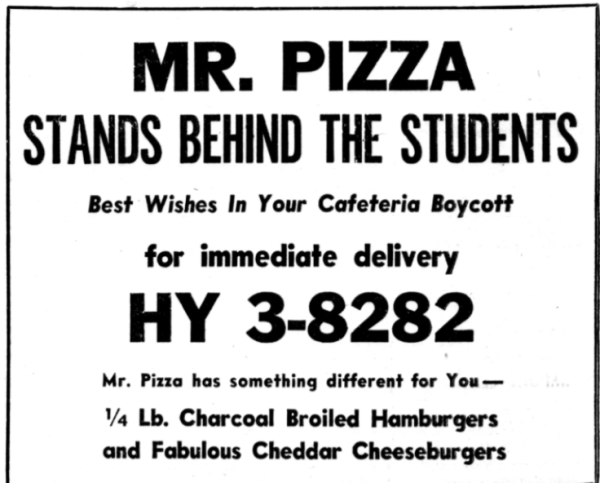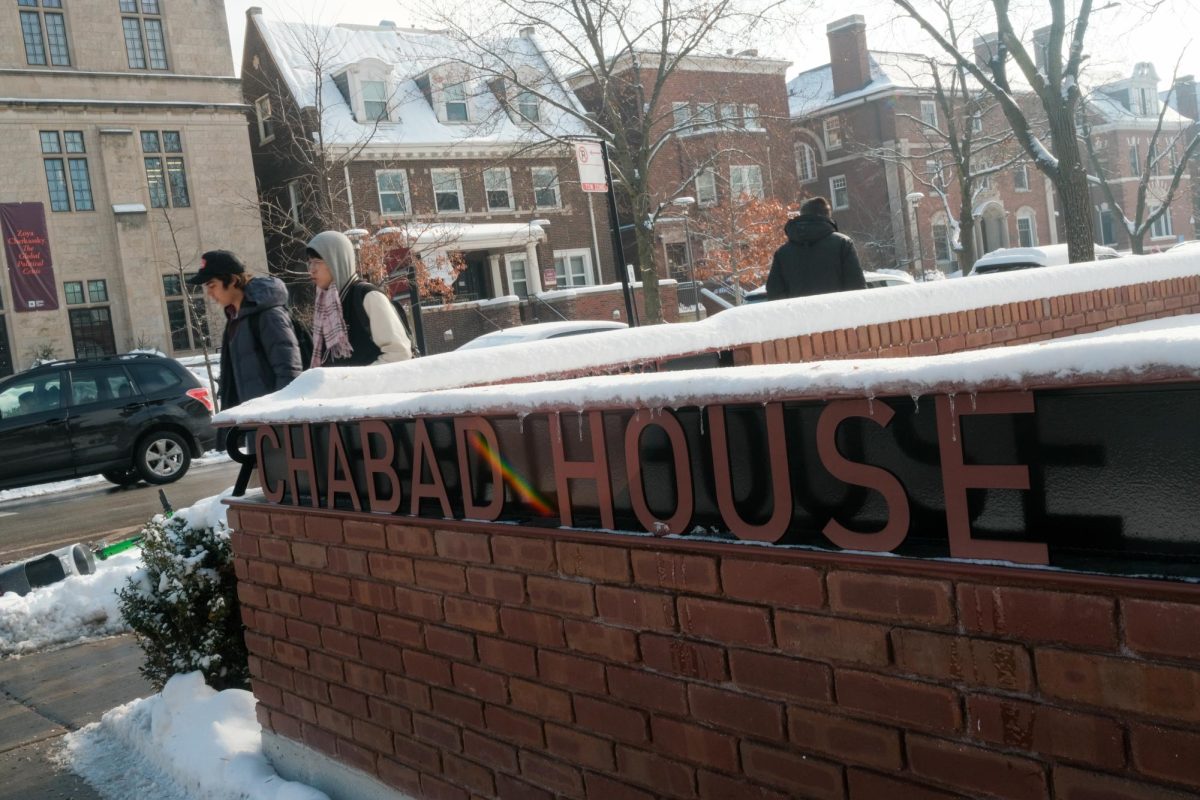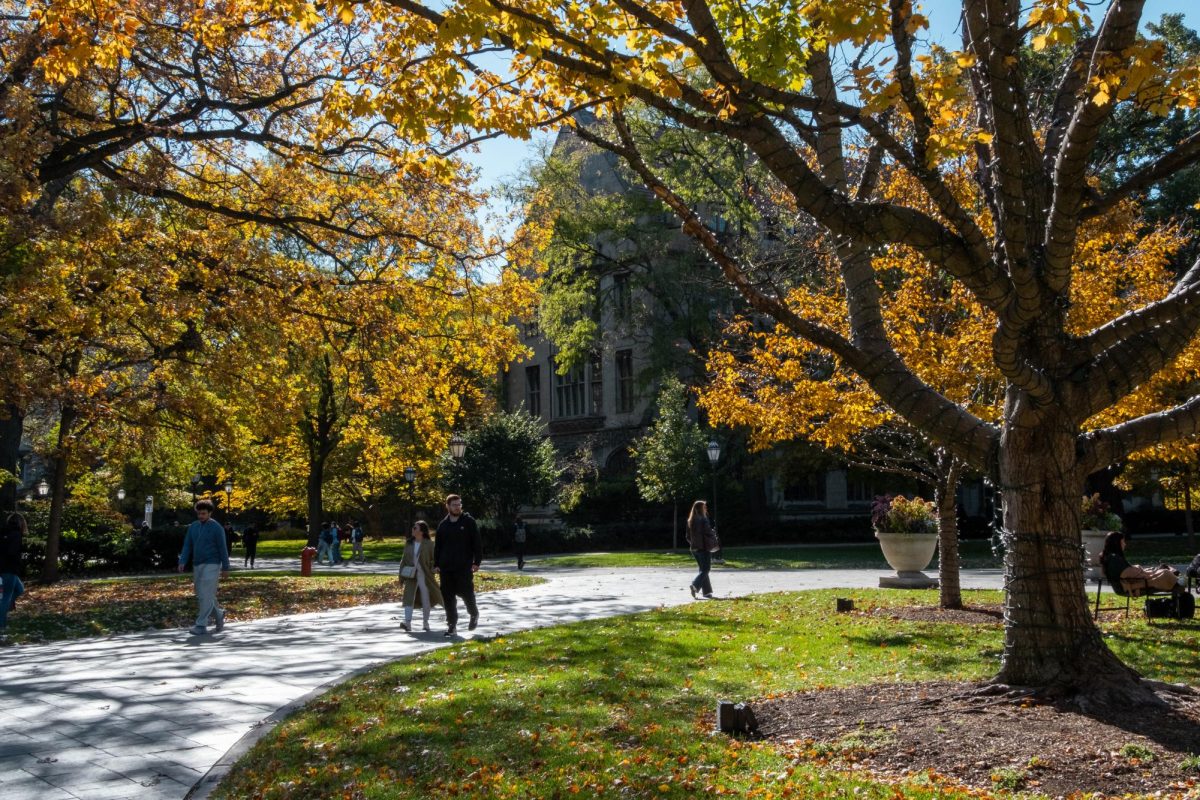Dear reader,
It’s hard to believe we’re already three weeks into the quarter. With classes ramping up and midterms just around the corner, here’s what you might’ve missed in the Maroon this week.
News
Hundreds of federalized National Guard troops arrived in Illinois last week as part of President Donald Trump’s crackdown on immigration and crime. Here’s what you need to know.
Over 4,000 Chicago residents attended this year’s South Side Science Festival—the largest in the event’s four-year history. At more than 60 booths, UChicago scientists and volunteers taught children and parents about subjects ranging from evolution to robotics to scientific publishing.
Residents at UChicago Medicine are in negotiations to secure their first-ever contract after unionizing in May 2024.
Sports
In July, the third annual NASCAR Chicago Street Race returned to Grant Park. Sports reporter Klara Bagaric considers the future of the race.
Viewpoints
“With strong transportation policy, colleges have the opportunity to strengthen relationships between students, staff, and the neighborhoods they call home,” write members of the UChicago Democrats Transportation Policy Caucus in a new op-ed.
Arts
“There is no neat arc and no catharsis, but this ambiguity is not a failure. Guadagnino trusts that the fractures, micro-expressions, and shadows can speak for themselves,” writes Head Arts Editor Shawn Quek in his review of After the Hunt.
From the Maroon archives
The Daily Maroon, April 17, 1964
“UC students will boycott the New Dorm cafeteria this week-end in protest of the board contract which will be instituted there starting next fall.”

When the University unveiled plans to put students in the former residence hall “New Dorm” on a new board contract, hundreds of protestors mobilized to boycott the cafeteria.
Since 1962, the dining hall had operated on a cash basis, allowing students to pay by the meal. That change had come as a result of “vigorous and unanimous protest on the part of the dorm’s residents,” who complained about the “poor quality, high prices, and lack of freedom with which the system shackled them.”
The new contract would buy 13 meals per week, at the cost of $197.50 per 11-week quarter. Protestors called the system “costly and limiting” and an overwhelming 80 percent of dorm residents signed a petition condemning the change.
After compromise proposals were shot down by the University, a coalition of groups, including the Maroon and student government, began to demonstrate. Approximately 500 students protested outside of the cafeteria, bearing slogans like “birth control, not food control” and “end nutritional prisons.”
Local and national news were also on the scene, with reporters from ABC News, the Chicago Tribune, and the Chicago Sun-Times present. Within a week, administrators agreed to reexamine the possibility of a six-meal compromise plan.









